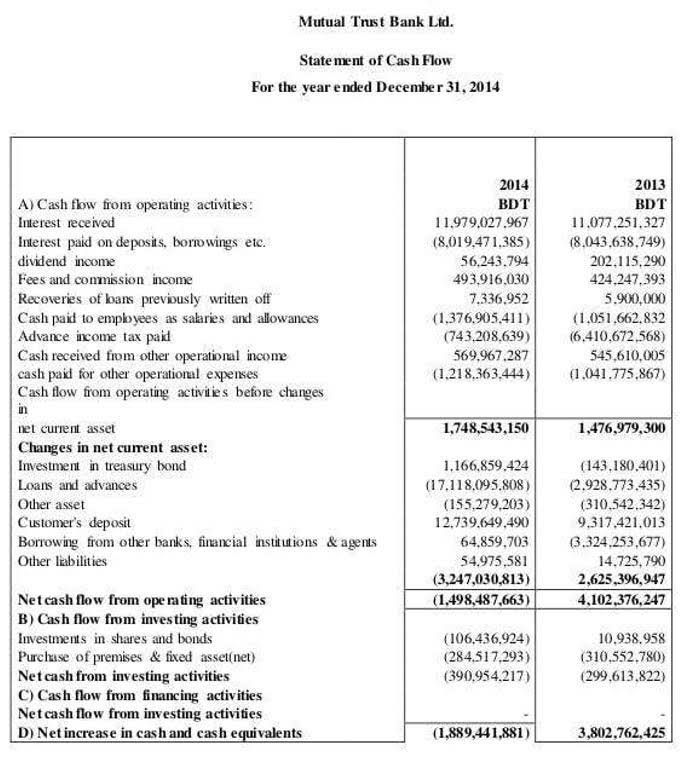
If you’re searching for accounting software that’s user-friendly, full of smart features, and scales with your business, Quickbooks is a great option. Here’s what you need to know about these two roles to determine which one your business needs. We collaborate with business-to-business vendors, connecting them with potential buyers. In some cases, we earn commissions when sales are made through our referrals. These financial relationships support our content but do not dictate our recommendations. Our editorial team independently evaluates products based on thousands of hours of research.
Importance of a CPA
Degrees in accounting, finance, or business administration lay the foundation for understanding the complexities of financial management. Accountants manage payroll, ensuring that employees are paid accurately and on time. They also oversee audits, ensuring that all financial data is accurate and complete, and that the organization is in compliance with all applicable laws and regulations. Bookkeepers ensure that the organization complies with all tax laws and regulations. They prepare tax and file VAT returns using a VAT software, and advise the organization on tax planning strategies. They also maintain records and documentation to support tax filings and audits.

Supporting Financial Analysis and Decision-Making
This analysis enables management to make informed decisions about resource allocation, investment opportunities, cost management, and business growth strategies. Bookkeepers Partnership Accounting reconcile bank statements with the company’s financial records to accurately reflect all transactions. This process helps identify any discrepancies and ensures the accuracy of the financial data.
The main differences between a bookkeeper and an accountant
The world of Initial Public Offerings (IPOs) demands a more intricate level of financial difference between bookkeeping and accounting reporting and disclosure. For instance, a cash flow statement can provide clarity on your business’s liquidity, offering insights into investment opportunities or potential pitfalls. Here’s a guide to help you understand when to opt for bookkeeping services and when it might be time to engage an accountant.
Knowledge of Accounting Principles and Regulations

While bookkeepers manage the records, accountants interpret the information to support decision-making and long-term financial strategy. Accountants utilize the data recorded by bookkeepers to prepare financial statements, analyze financial performance, provide financial advice, and ensure compliance with regulatory requirements. In summary, bookkeeping forms the foundation of the accounting process, providing the necessary data for accountants to perform their roles effectively. Bookkeeping data serves as the foundation for financial analysis and decision-making. Accountants rely on the accurate and detailed records bookkeepers maintain to perform in-depth analysis, identify trends, and assess the business’s financial health.
Do bookkeepers earn more money than accountants?

The income statement shows revenue and expenses over a period, ending with the net profit or loss. Bookkeepers do not need a college degree to start working, but completing additional training can help with job advancement. Some bookkeepers take part in workshops or online courses to improve their skills and increase their value to employers. Some employers prefer candidates with postsecondary education in business, math, or finance, but it is not required for most entry-level jobs. Having a CPA on staff or consulting with one can add credibility and trust to a company’s financial practices.
- Business owners will often look to accountants for help with strategic tax planning, analysing their financial position, forecasting, and tax filing.
- Accountants prepare financial statements, including balance sheets, income statements, and cash flow statements, to communicate the financial position and performance of the business.
- Certified Public Accountants (CPA), as specialized members of the accounting profession, go beyond routine tasks.
- The general ledger is a basic document where a bookkeeper records the amounts from sales and expense receipts.
- First, the car chassis is assembled (bookkeeping), then the rest of the car follows (accounting).
- Their main goal is to create a clear and up-to-date record of all money coming in and going out.
- Accounting, on the other hand, provides business owners with reports and financial insights based on information gleaned from bookkeeping data.
Manual data entry, reconciliation, and reporting processes prone to human error can now be automated, reducing the risk of mistakes. This allows bookkeepers and accountants to focus on more strategic and value-added activities, such as financial analysis and decision-making. However, leveraging accounting software can streamline bookkeeping processes, automate tasks, and provide real-time financial insights.
- Proficiency in accounting software enables them to manage financial transactions efficiently, generate reports, and streamline bookkeeping processes.
- Accountants prepare financial statements, handle tax planning, and help with budgeting.
- Bookkeeping relies on software like QuickBooks or Tally for straightforward data management.
- Contact Rely Services today for a detailed evaluation of the many ways they can make you more successful.
- Data Security – If you’re worried about keeping your data secure, well, don’t.
- You can use a firm or work with accounting software for your business needs.
Preparation of Financial Statements – Bookkeepers can prepare financial statements for smaller enterprises, including profit and loss statements, balance sheets, bookkeeping and cash flow statements. Bookkeeping is a record of financial transactions and is part of the process of accounting in business. Transactions include purchases and payments, sales, and receipts, by a person or a partnership. There are several bookkeeping methods, but the most used are the single-entry and the double-entry bookkeeping systems.
Each plays a distinct yet interconnected role in maintaining accurate records and supporting well-informed choice-making. By recognizing how these functions complement each other, you can ensure a solid financial foundation and drive long-term success. Accountants work with more comprehensive financial documents derived from the data bookkeepers provide. They prepare financial statements like balance sheets, income statements, and cash flow statements.